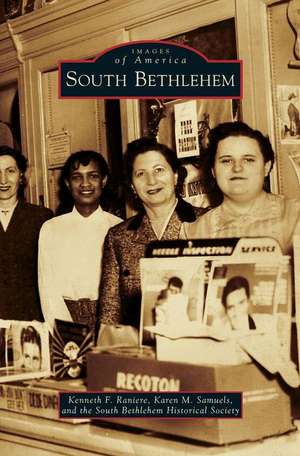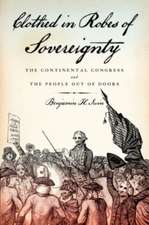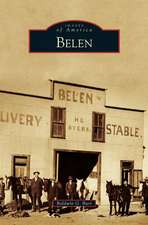South Bethlehem
Autor Kenneth F. Raniere, Karen M. Samuels, South Bethlehem Historical Societyen Limba Engleză Hardback
| Toate formatele și edițiile | Preț | Express |
|---|---|---|
| Paperback (1) | 132.76 lei 3-5 săpt. | |
| Arcadia Publishing (SC) – 31 mai 2010 | 132.76 lei 3-5 săpt. | |
| Hardback (1) | 181.89 lei 6-8 săpt. | |
| – | 181.89 lei 6-8 săpt. |
Preț: 181.89 lei
Nou
Puncte Express: 273
Preț estimativ în valută:
34.81€ • 36.25$ • 29.42£
34.81€ • 36.25$ • 29.42£
Carte tipărită la comandă
Livrare economică 10-24 martie
Preluare comenzi: 021 569.72.76
Specificații
ISBN-13: 9781531647766
ISBN-10: 1531647766
Pagini: 130
Dimensiuni: 170 x 244 x 10 mm
Greutate: 0.41 kg
ISBN-10: 1531647766
Pagini: 130
Dimensiuni: 170 x 244 x 10 mm
Greutate: 0.41 kg
Notă biografică
Kenneth F. Raniere is editor of Southern Exposure, newsletter of the South Bethlehem Historical Society, and author of A Living Legacy: Architecture of A. W. Leh. Karen M. Samuels, who has been active with the restoration of a one-room schoolhouse in Lower Saucon Township, is the columnist of a weekly historical series in the Bethlehem Press.
Descriere
Descriere de la o altă ediție sau format:
The story begins in 1848, when the Moravian Brethren sold 274 acres of farmland to investors who resold them as building lots. By 1855, Asa Packer had laid the tracks of his Lehigh Valley Railroad along the Lehigh River, bringing coal from Carbon County to markets in New York and Philadelphia. Industries rapidly grew, with the Pennsylvania and Lehigh Zinc Company in 1853 and the Saucona Iron Company in 1857. By 1865, South Bethlehem became a borough. Charles M. Schwab headed the former Iron Company in 1906, renaming it the Bethlehem Steel Corporation, and was instrumental in uniting the Bethlehems as one city in 1918. Countless immigrants shaped the tone of this region. Today the Sands Casino occupies part of the former Bethlehem Steel site. It is the future home of art and music venues that will contribute to a city already known for its historic and cultural heritage.
The story begins in 1848, when the Moravian Brethren sold 274 acres of farmland to investors who resold them as building lots. By 1855, Asa Packer had laid the tracks of his Lehigh Valley Railroad along the Lehigh River, bringing coal from Carbon County to markets in New York and Philadelphia. Industries rapidly grew, with the Pennsylvania and Lehigh Zinc Company in 1853 and the Saucona Iron Company in 1857. By 1865, South Bethlehem became a borough. Charles M. Schwab headed the former Iron Company in 1906, renaming it the Bethlehem Steel Corporation, and was instrumental in uniting the Bethlehems as one city in 1918. Countless immigrants shaped the tone of this region. Today the Sands Casino occupies part of the former Bethlehem Steel site. It is the future home of art and music venues that will contribute to a city already known for its historic and cultural heritage.









